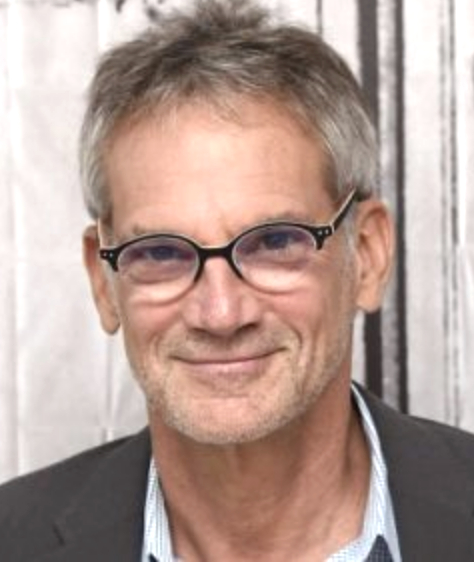On this date in 1954, author Jon Krakauer was born in Brookline, Mass., to Carol Ann (Jones) and Lewis Krakauer. His mother was a Unitarian of Scandinavian descent and his father was of Jewish-Polish descent. “I grew up in a family of atheists, so the closest I’ve ever had to religion is [mountain] climbing,” Krakauer said. (Entertainment Weekly, July 18, 2003)
He grew up in Corvallis, Ore., where his father established a medical practice and introduced him to climbing at age 8. After high school, Krakauer earned a degree in environmental studies in 1976 from Hampshire College in Amherst, Mass.
He met outdoorswoman Linda Mariam Moore the next year and they married in 1980 before moving to Seattle. He climbed mountains and worked as a freelance journalist, often contributing to Outside magazine. “Eiger Dreams: Ventures Among Men and Mountains” (1990) was his nonfiction collection of articles and essays on mountaineering and rock climbing.
“Into the Wild” (1996) spent two years on The New York Times best-seller list and documented the travels of Christopher McCandless, whose remains were found in 1992 in Alaska, where he had died of starvation.
“Into Thin Air: A Personal Account of the Mt. Everest Disaster” (1997) was named Book of the Year by Time magazine and was among three books considered for the General Non-Fiction Pulitzer Prize in 1998. It focused on a deadly 1996 climb he was part of that killed eight people.
“Under the Banner of Heaven: A Story of Violent Faith” (2003), his third nonfiction best-seller, juxtaposed the histories of the Church of Jesus Christ of Latter-day Saints and the 1984 murders of their sister-in-law and infant niece by brothers Ron and Dan Lafferty due to their fundamentalist Mormon beliefs.
“Faith-based violence was present long before Osama bin Laden, and it will be with us long after his demise,” Krakauer wrote in the book.”There is a dark side to religious devotion that is too often ignored or denied. As a means of motivating people to be cruel or inhumane — as a means of inciting evil, to borrow the vocabulary of the devout — there may be no more potent force than religion.”
It was widely panned by Mormons, which didn’t surprise Krakauer. “They’ve already basically let it be known that good Mormons should not read this book. And I think they will be very uncomfortable with the history; they will not like the fact that I point out that Joseph Smith told 14-year-old girls ‘God says you should marry me, if you don’t …’ His way of getting laid doesn’t reflect well on him.” (Entertainment Weekly, July 18, 2003) In April 2022, a limited series was released by Hulu starring Andrew Garfield and Daisy Edgar-Jones.
“Where Men Win Glory: The Odyssey of Pat Tillman” (2009) drew on the journals and letters of Pat Tillman, a professional football player and Army Ranger whose death in Afghanistan made him a symbol of American heroism, then became controversial because the Army had covered up the fact that he died from friendly fire.
In “Missoula: Rape and the Justice System in a College Town” (2015), Krakauer explored how rape is handled by colleges and the criminal justice system. It followed several cases of women raped in Missoula, Montana, many of them linked in some way to the University of Montana.
He has more questions than answers about religion. “I brought some of those questions to the fore in [“Under the Banner of Heaven”] because I wanted to make people think about religion and its good and bad sides. But I still have to say there is a lot that scares me about religion. Once you believe that God is speaking directly to you, there is no discussion.” (Seattle Post-Intelligencer, July 27, 2003)

